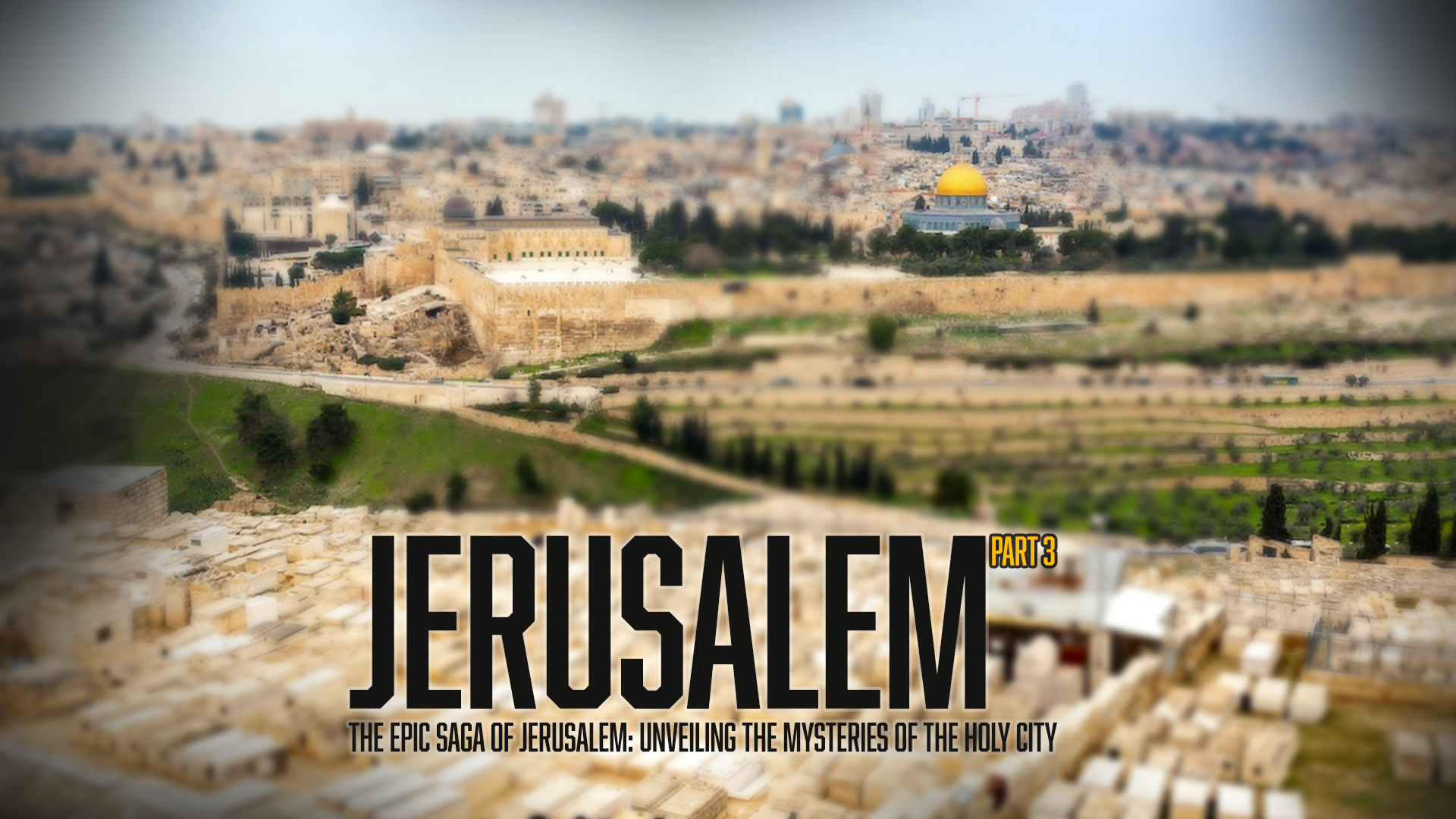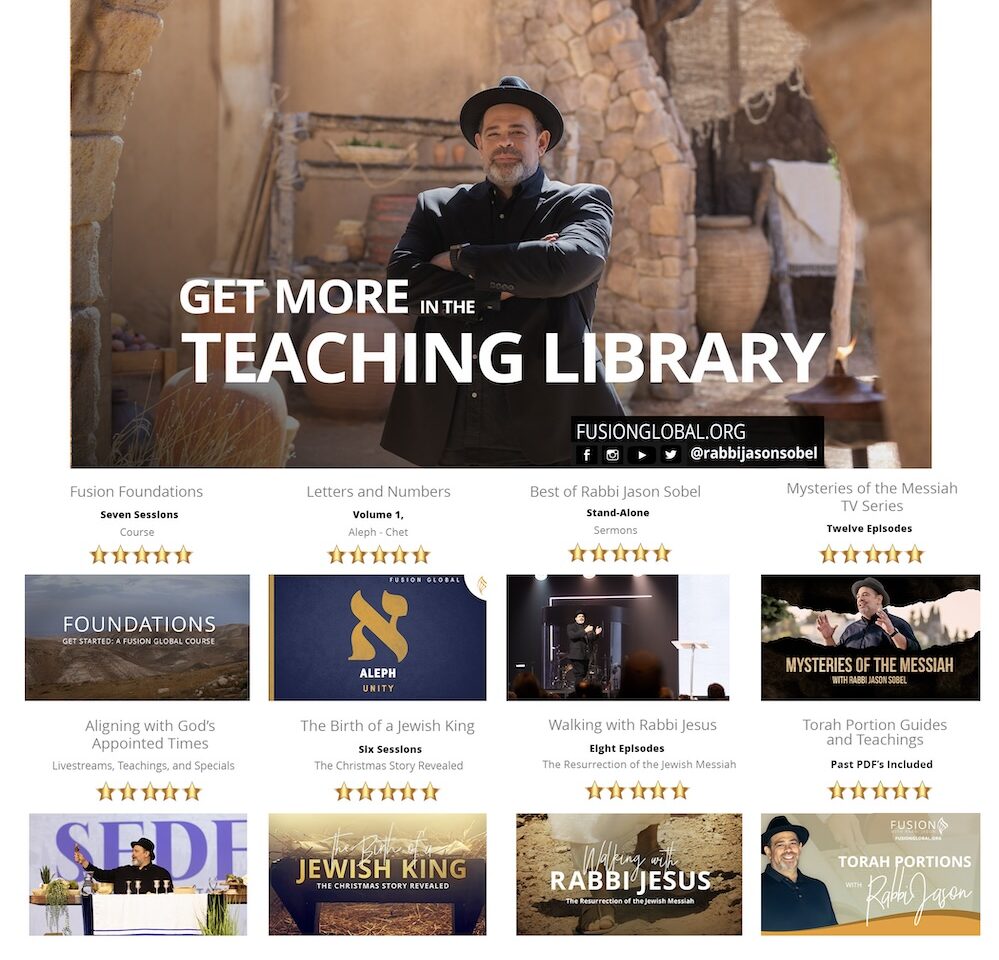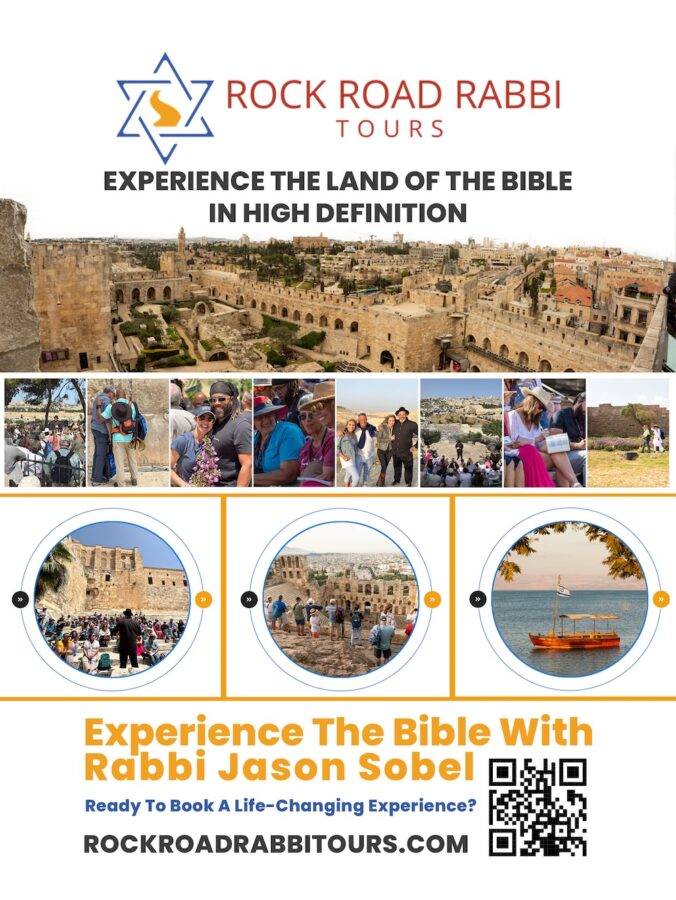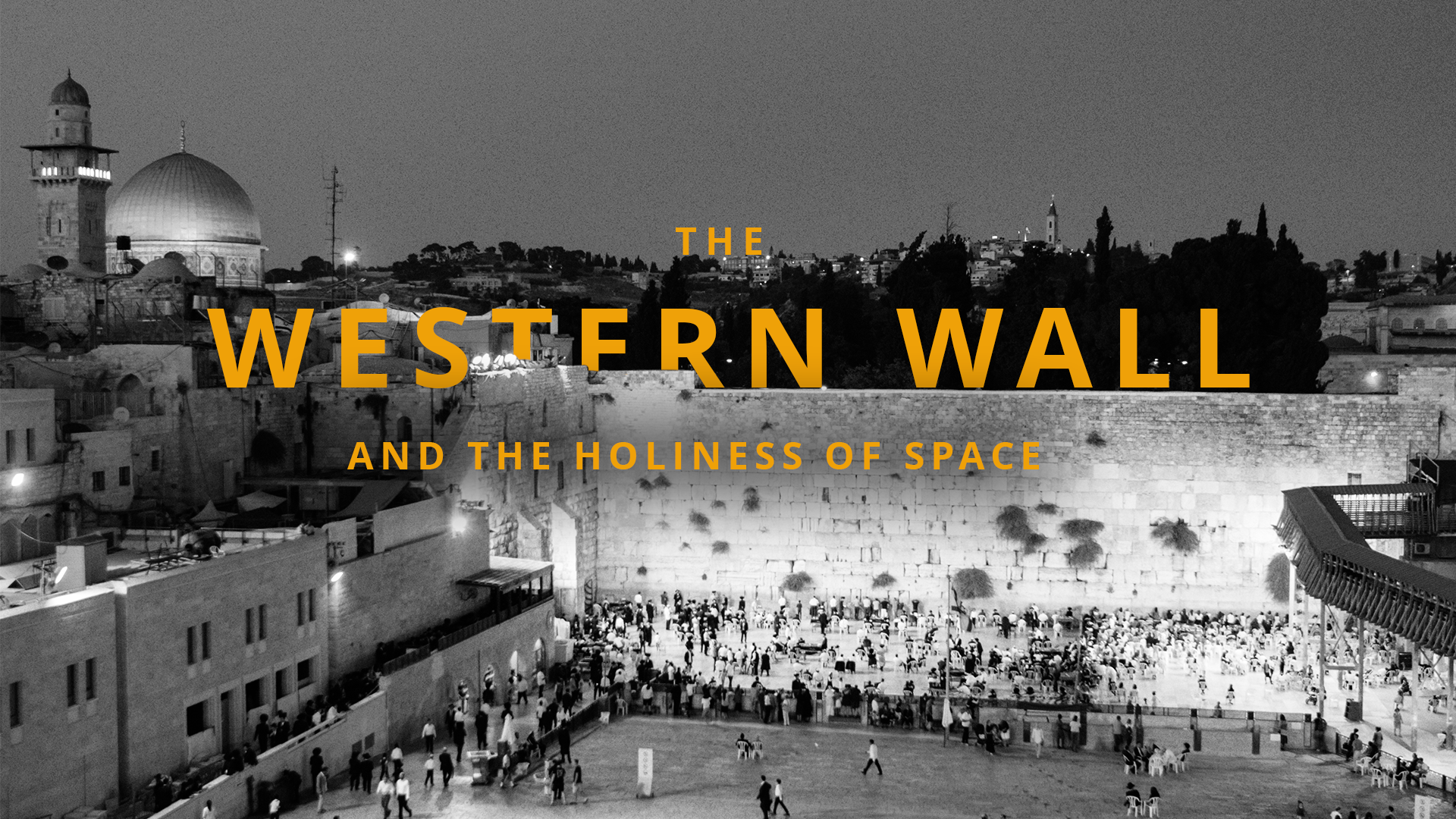The Eschatological Significance of Jerusalem


We’ve briefly mentioned Jerusalem’s role in eschatology (the study of “last things” or the “End Times”) in this blog series. Now, it’s time to zoom in on this crucial topic. There can be little question that Jerusalem’s notoriety is directly related to its eschatological role. An essential part of Christian and Jewish belief is the bodily resurrection of all believers. You might recall that the New Testament lists the resurrection of the dead as one of the foundational doctrines of the faith: “Therefore leaving the basic teaching of the Messiah, let us move on toward maturity—not laying again a foundation of repentance from dead works and of trust in God, of teaching about immersions, laying on of hands, resurrection of the dead, and eternal judgment” (Hebrews 6:1-2). Yet despite this doctrine’s central role, as few as 10% of modern Christians have what one could deem a “biblical” view of the resurrection, and thus eschatology in general (cf. Surprised by Hope by N.T. Wright).
Let’s take a closer look at one of the more foundational “gospel passages” in the epistles.
Now if Messiah is proclaimed—that He has been raised from the dead—how can some among you say that there is no resurrection of the dead? But if there is no resurrection of the dead, not even Messiah has been raised! And if Messiah has not been raised, then our proclaiming is meaningless and your faith also is meaningless. Moreover, we are found to be false witnesses of God, because we testified about God that He raised up Messiah—whom He did not raise up, if in fact the dead are not raised. For if the dead are not raised, not even Messiah has been raised. And if Messiah has not been raised, your faith is futile—you are still in your sins. Then those also who have fallen asleep in Messiah have perished. If we have hoped in Messiah in this life alone, we are to be pitied more than all people. –1 Corinthians 15:12-19
In this text, the Apostle Paul makes it abundantly clear that the only faith worth having is the one that believes wholly and firmly in the bodily resurrection of all believers. This belief was so deeply ingrained in early Christianity (and even into the modern era) that the faithful arranged graveyards so that those buried were generally facing Jerusalem. In Western civilization, that meant facing east so they would rise to face and meet the Lord in His coming. The city of Jerusalem was clearly the focus of this interment practice.
The question we ought to consider is, “why?”
We have already established an explicit biblical claim for the bodily resurrection of all believers. So, the next logical issue is sorting out the where and the when. At least two critical passages in the Tanakh (i.e., Hebrew Bible) prove helpful in such a consideration.
At that time Michael, the great prince who stands guard over the sons of your people, will arise. There will be a time of distress such as has never occurred since the beginning of the nation until then. But at that time your people—everyone who is found written in the book—will be delivered. Multitudes who sleep in the dust of the earth will awake—some to everlasting life, and others to shame and everlasting contempt. –Daniel 12:1-2
Then Adonai will go forth and fight against those nations as He fights in a day of battle. In that day His feet will stand on the Mount of Olives which lies to the east of Jerusalem, and the Mount of Olives will be split in two from east to west, forming a huge valley. Half of the mountain will move toward the north and half of it toward the south. –Zechariah 14:3-5
These passages set the scene for Jerusalem being the focal point of God’s final triumph.
Now, let’s look at some related passages from the Brit HaChadasha (i.e., New Testament).
And then they will see ‘the Son of Man coming in clouds’ with great power and glory. Then He will send out the angels and will gather together His chosen from the four winds, from the end of the earth, to the end of heaven. –Mark 13:26-27
Then I saw heaven opened, and behold, a white horse! The One riding on it is called Faithful and True, and He judges and makes war in righteousness. His eyes are like a flame of fire, and many royal crowns are on His head. He has a name written that no one knows except Himself. He is clothed in a robe dipped in blood, and the name by which He is called is “the Word of God.” And the armies of heaven, clothed in fine linen, white and clean, were following Him on white corpses. From His mouth comes a sharp sword—so that with it He may strike down the nations—and He shall rule them with an iron rod, and He treads the winepress of the furious wrath of Elohei-Tzva’ot. On His robe and on His thigh He has a name written, “King of kings, and Lord of lords. I also saw the holy city—the New Jerusalem—coming down out of heaven from God, prepared as a bride adorned for her husband. I also heard a loud voice from the throne, saying, “Behold, the dwelling of God is among men, and He shall tabernacle among them. They shall be His people, and God Himself shall be among them and be their God.” –Revelation 19:11-17; 21:2-3
I know—that is a lot of text! But it’s all pointing to one vital (creedal!) claim: the Bible describes Yeshua’s return in a very personal way to a very real, renewed earth, culminating in the dwelling of God with His people. The New Jerusalem will be the focal point of all this glorious, transformative activity! Like our planet and the physical bodies that inhabit it, our Creator will renew and glorify the City of Jerusalem. This reality is the clear picture that Scripture’s writers painted of the holy city’s redemptive future.
When we strip away the chronological complexities of eschatological thought and focus solely on the “where,” one conclusion stands out: Jerusalem. Jerusalem is not just a place where the Messiah will return but also where He will establish the throne of His kingdom, and His people will gather to worship Him. Beyond its rich historical significance for the Jewish people, Jerusalem’s unique role in Christian eschatology has underscored its status as the holiest place for followers of Yeshua.
FREE WEEKLY TORAH PORTIONS:
"I so love that there is such a record of history (in the Biblical Calendar)!"
What is Fusion with Rabbi Jason?
It is in looking back at what God has done that we can see forward to His future plans for us. “For I know the plans I have for you,’ declares the Lord, plans to prosper you and not to harm you, plans to give you hope and a future” Jer 29:11.
At Fusion Global with Rabbi Jason Sobel, we want to add definition to your faith as we restore the lost connection to our ancient roots and rediscover our forgotten inheritance.






